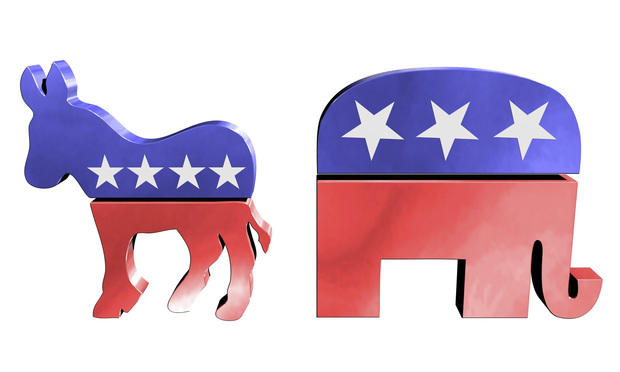The New Jersey Supreme Court, after four years of uncertainty stemming from a long-standing stalemate between Republican Gov. Chris Christie and the Democratic-controlled state Senate, settled into a sense of calm in the second half of 2014. That’s because a compromise finally was reached that likely will maintain the court’s current composition for years to come.
The year began with questions about whether Christie—who early on vowed to remake what he considered to be a rogue, activist court—would nominate Chief Justice Stuart Rabner, a Democrat, for tenure.
This content has been archived. It is available through our partners, LexisNexis® and Bloomberg Law.
To view this content, please continue to their sites.
Not a Lexis Subscriber?
Subscribe Now
Not a Bloomberg Law Subscriber?
Subscribe Now
LexisNexis® and Bloomberg Law are third party online distributors of the broad collection of current and archived versions of ALM's legal news publications. LexisNexis® and Bloomberg Law customers are able to access and use ALM's content, including content from the National Law Journal, The American Lawyer, Legaltech News, The New York Law Journal, and Corporate Counsel, as well as other sources of legal information.
For questions call 1-877-256-2472 or contact us at [email protected]



